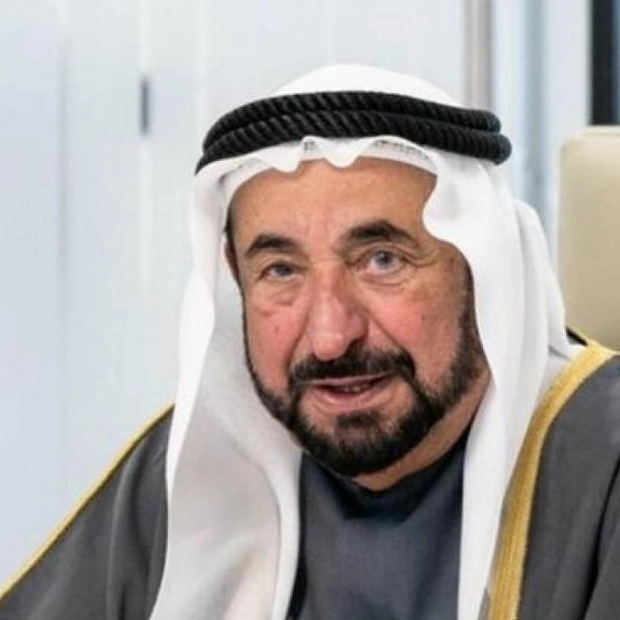The tax reforms implemented by the GCC countries are showing positive results, but the oil-producing nations must expand their corporate tax reforms, according to the International Monetary Fund (IMF) chief.
“Tax reforms have begun to yield results in certain countries, but more progress is required. For instance, the global minimum tax initiative offers the GCC a chance to advance broader corporate tax reforms,” stated Kristalina Georgieva, Managing Director of the IMF, during the annual GCC ministerial meeting.
In recent years, GCC nations have introduced new taxes such as VAT, corporate tax, and excise tax, which remain among the lowest globally. Starting June 1, 2023, the UAE implemented a 9% corporate tax, one of the lowest worldwide. Previously, the UAE introduced a 5% Value-Added Tax (VAT) and Excise Tax on tobacco, carbonated drinks, energy drinks, and other harmful products. Saudi Arabia raised VAT to 15% in 2020, following its introduction in 2018 under the GCC-wide framework. Bahrain announced it will impose a minimum 15% corporate tax on multinational firms with revenues exceeding 750 million euros starting January 1, 2025.
Georgieva also highlighted the potential of further regional integration. “Reducing non-tariff barriers could significantly contribute to realizing this potential and enhance the GCC’s resilience against geoeconomic fragmentation risks.” On fiscal policy, she noted that most GCC countries are consolidating their budgets, but more efforts are needed to build adequate savings for future generations. “The ongoing rationalization of public expenditures, including reducing energy subsidies, remains crucial. This not only aids fiscal consolidation but also creates room for targeted support to the vulnerable and paves the way for priority public investments aligned with broader economic diversification goals,” Georgieva said during a joint annual meeting with the Financial and Economic Cooperation Committee and the Committee of Central Bank Governors of the GCC.
Praising the GCC’s competitiveness, she mentioned that four GCC countries are now among the top 30 most competitive economies globally. However, she emphasized the need to accelerate diversification efforts and manage the risks associated with certain reforms. The IMF chief also noted that the region remains a bright spot despite recent global shocks. “Unemployment is low, inflation is contained, major port exports have recovered swiftly, and international flight arrivals have remained stable. The outlook is positive, with overall GCC growth expected to rebound in 2024 and strengthen to nearly 4% in 2025 as oil production cuts are gradually reversed,” she said.
Georgieva cautioned that fluctuations in oil prices and production could reduce financial buffers and negatively impact the non-oil economy. Regarding the global economy, she suggested that a smooth landing is in sight, with emerging Asia as the main driver of global growth, supported by strong demand for semiconductors and electronics. However, conflicts and disruptions in commodity production and shipping in the Middle East, Central Asia, sub-Saharan Africa, and Latin America are constraining near-term growth. She also highlighted the uncertainty surrounding global economic prospects, particularly due to rising protectionism and the impact of monetary and fiscal policy choices.
The IMF chief expressed concern that global growth remains modest in the medium term, with many countries expecting weaker growth in five years compared to one year, indicating persistent challenges for the global economy.






